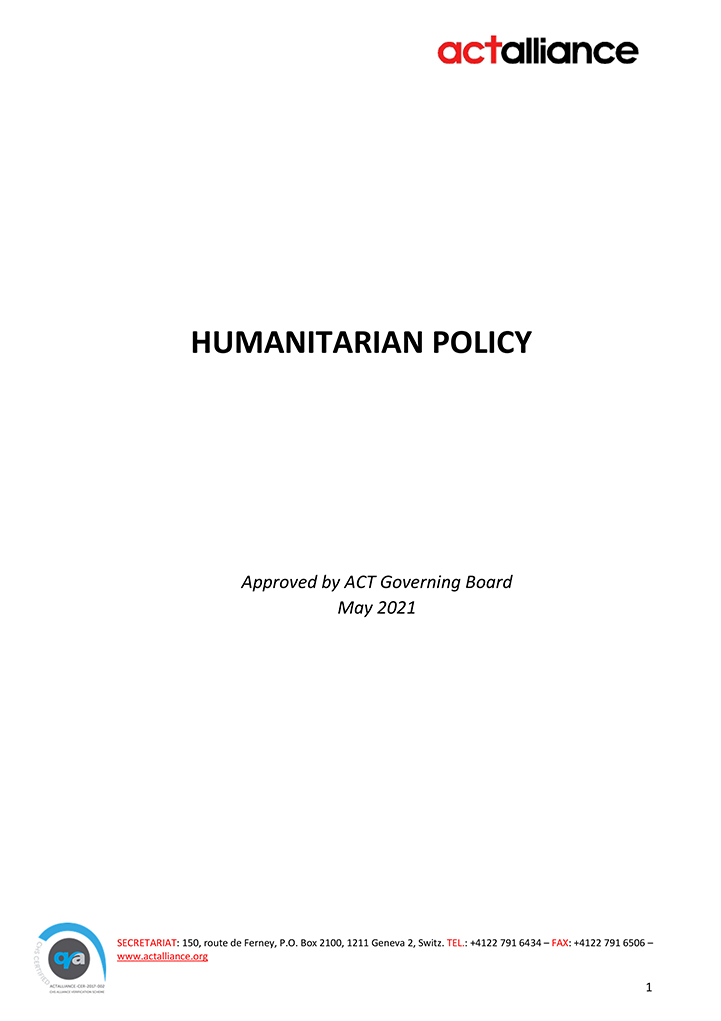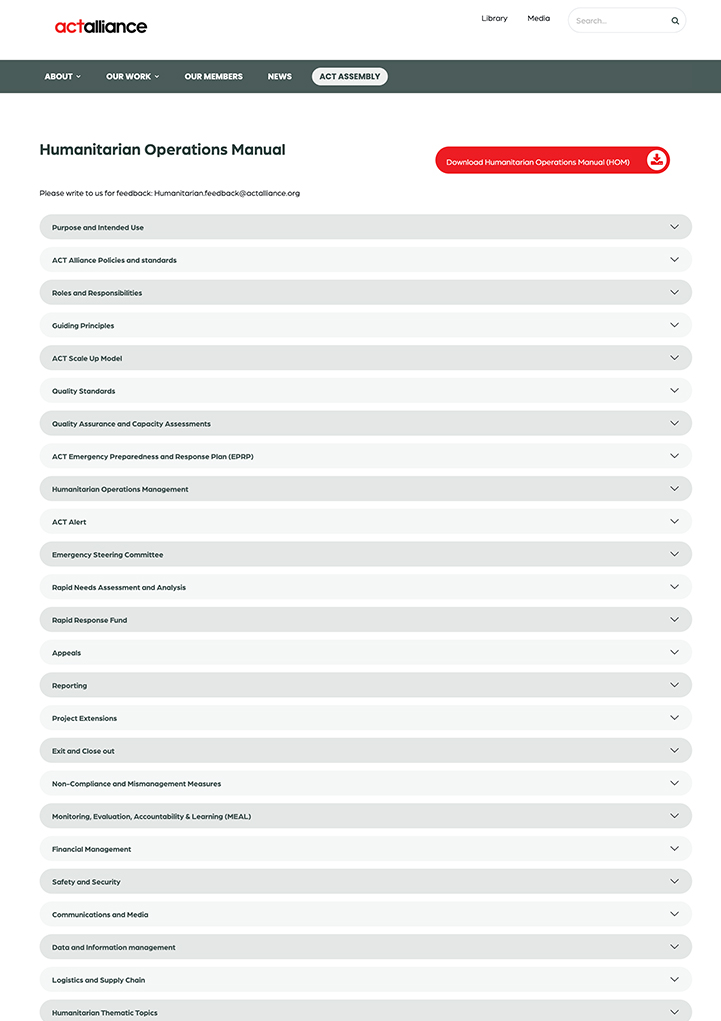On March 7, 2025, a hydrometeorological event in Bahía Blanca, located in the southern region of Buenos Aires Province, Argentina, triggered severe flooding, with nearly 350 millimeters of rainfall recorded in just a few hours. According to the municipal mayor, the resulting water mass affected over 70% of the territory.
Approximately 2 million hectares of agricultural and livestock land are now underwater, with significant losses expected for rural producers. The Bahía Blanca district, which includes the localities of Bahía Blanca, General Cerri, Coronel Rosales, Punta Alta, and Ingeniero White, has a total population of 334,505. It is estimated that nearly 70% of the population—approximately 234,154 people—has been affected by the flooding, with around 90,000 homes directly impacted by rising waters.
The floodwaters have also caused extensive damage to infrastructure, destroying multiple bridges and inundating fields, homes, businesses, churches, and enterprises, even reaching the city center. The agricultural and livestock sector, local commerce, and industries have all been severely affected.
As Argentina enters the autumn season, falling temperatures and the potential for additional winter rainfall raise concerns about an increase in respiratory illnesses. Given the country’s complex economic situation, the risk of heightened social tensions, mental health challenges, and rising conflict among the affected population is growing.
The economic impact on local livelihoods is expected to significantly disrupt daily life and further strain the local economy. Protection risks related to gender-based violence and limited healthcare access for migrants—an issue highlighted by the director of the city's main hospital—require close monitoring. Additionally, due to difficulties in cooking, the price of gas cylinders has risen, driven by speculation among local vendors. Food prices have also surged, and access to the city remains difficult due to disruptions on peripheral roads. If the situation persists, shortages of essential goods and raw materials could occur, further driving up prices.
Through the Rapid Response Fund (RRF), CREAS will provide humanitarian assistance to communities affected by the flooding in Bahía Blanca, with a primary focus on the most impacted areas—General Cerri and Ingeniero White. Key needs include psychosocial support (including GBV prevention) and WASH interventions (distribution of hygiene and cleaning kits), complementing donations received from the general public across the country. The project will run for two months, supporting 300 families (1,500 people) with household hygiene kits and providing psychosocial support to 100 individuals.
RRF 03 2025 Argentina Floods











